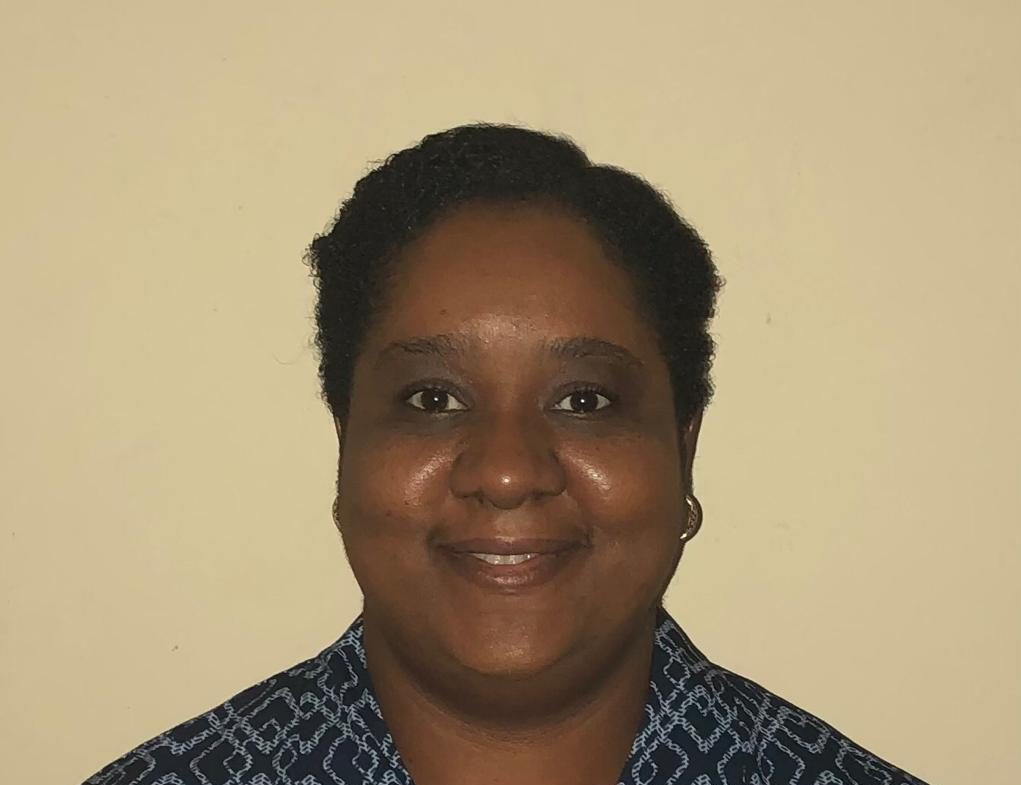Jamaicans Encouraged To Avoid Victim Blaming
By: , September 6, 2021The Full Story
The Victim Services Division (VSD), Ministry of Justice, is encouraging Jamaicans to avoid victim blaming.
Victim blaming occurs when the victim of a crime or any wrongful act is held entirely or partially at fault for the harm done to him or her.
Programme Manager at the VSD, Dionne Dawn Binns, told JIS News that victim blaming is not always blatant.
“Sometimes it can be very blatant; other times it is very subtle. Persons should be careful of the things they say. Think about what you are going to say. When somebody’s child has been molested and you make a comment like ‘boy that could never happen to my child’ – that is victim blaming, and ‘There must be a reason why that happened to you’ – that is victim blaming,” Mrs. Binns said.
She pointed out that with the prevalence of crime and violence in the country, anyone can become a victim.
“What happens when there is victim blaming, is that an act is committed where the victim of a crime is made to feel that they are somehow responsible for what has happened to them. This can be a deliberate action with someone saying or doing something to make them feel this way. This is followed by the victim feeling as if they had done something wrong, and so this is why this particular act happened to them,” she added.
Mrs. Binns outlined other instances in which victim blaming can take form.
“Victim blaming can take the form of asking the victim: ‘Why didn’t you do more to prevent the act from happening? Why didn’t you scream? Why didn’t you fight?’ Comparing the victims to others where there might have been similar crimes committed and those persons were able to get away, so they compare the victim and say, ‘look how X person was almost raped but they got away, so why couldn’t you?” she said.
Persons who victim blame also show a general lack of empathy towards victims, Mrs. Binns noted.
“In addition to the questions, some persons refuse to show empathy consistent with the trauma the victim may be faced with. For instance, the crime may be sexual assault and the type of thing that may be said is, ‘boy, you know, at least you survived’,” Mrs. Binns said.
She pointed out that victim blaming stems not only from insensitivity but also ignorance.
“This is why someone may do it and not even recognise that’s what they are doing. Persons need to be more cognisant of how they respond to victims of crime. Take for example a situation with a child who has been victimised in some way… some adults may respond by saying ‘it’s because you were rude why that happened’, not realising they are blaming this child and causing the child to feel responsible for what has happened to them. In no way, shape or form can the person be made to feel that they are responsible for the perpetrator’s actions,” Mrs. Binns said.
While some persons respond to victims in an effort to analyse and comment on a person’s response to an incident, Mrs. Binns said this may not be as helpful as intended.
“I don’t think there is a place for constructive criticism in that regard. They have already been victimised, going through the grief process and dealing with this traumatic situation. In that moment they need the psychological care and attention to handle the level of trauma that they are dealing with,” she emphasised.
Persons who have been victims of crime or have been affected by victim blaming, can reach out to the VSD for support by calling 888-VICTIMS (842-8467), 876-946-0663 or 876-618-3620.




